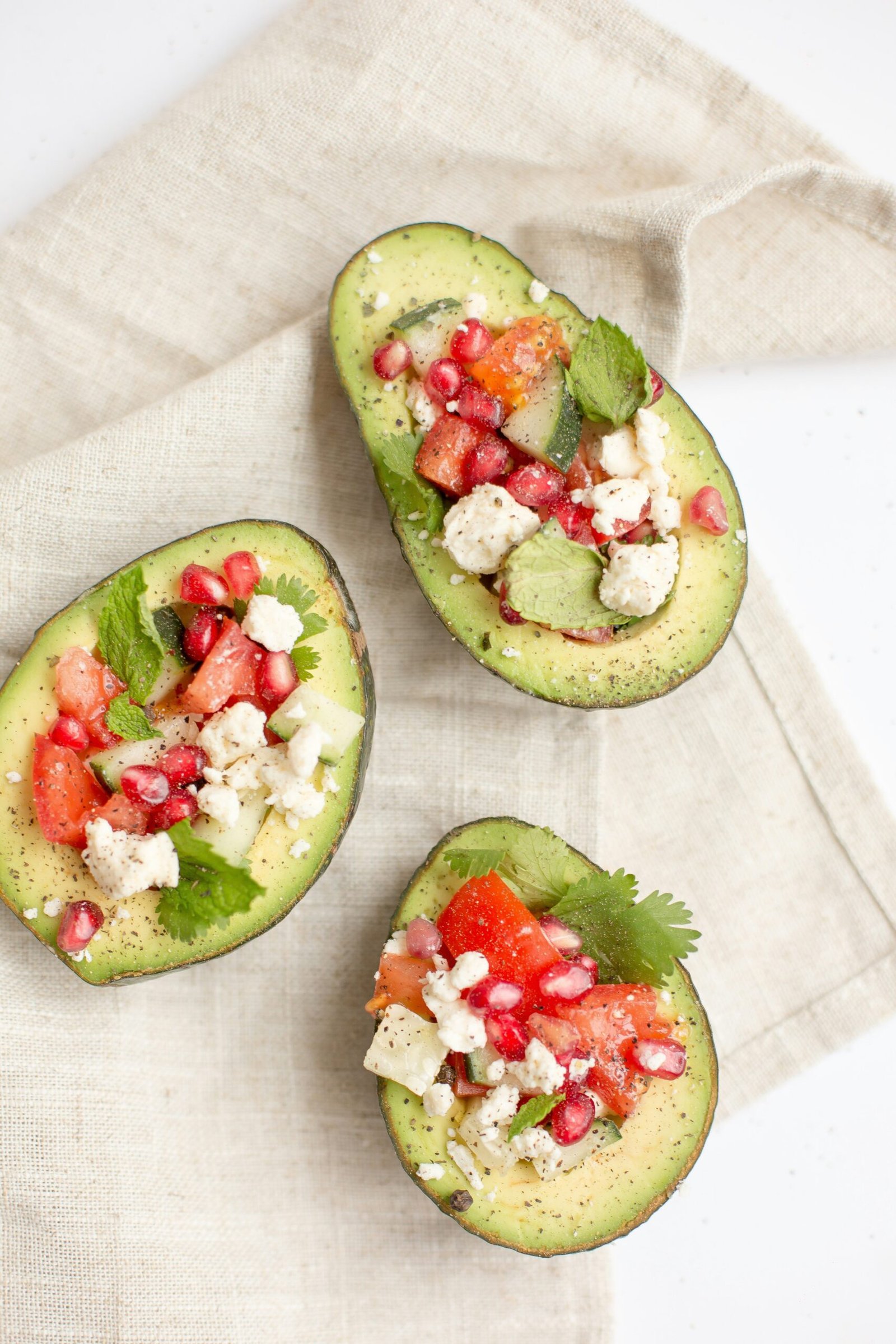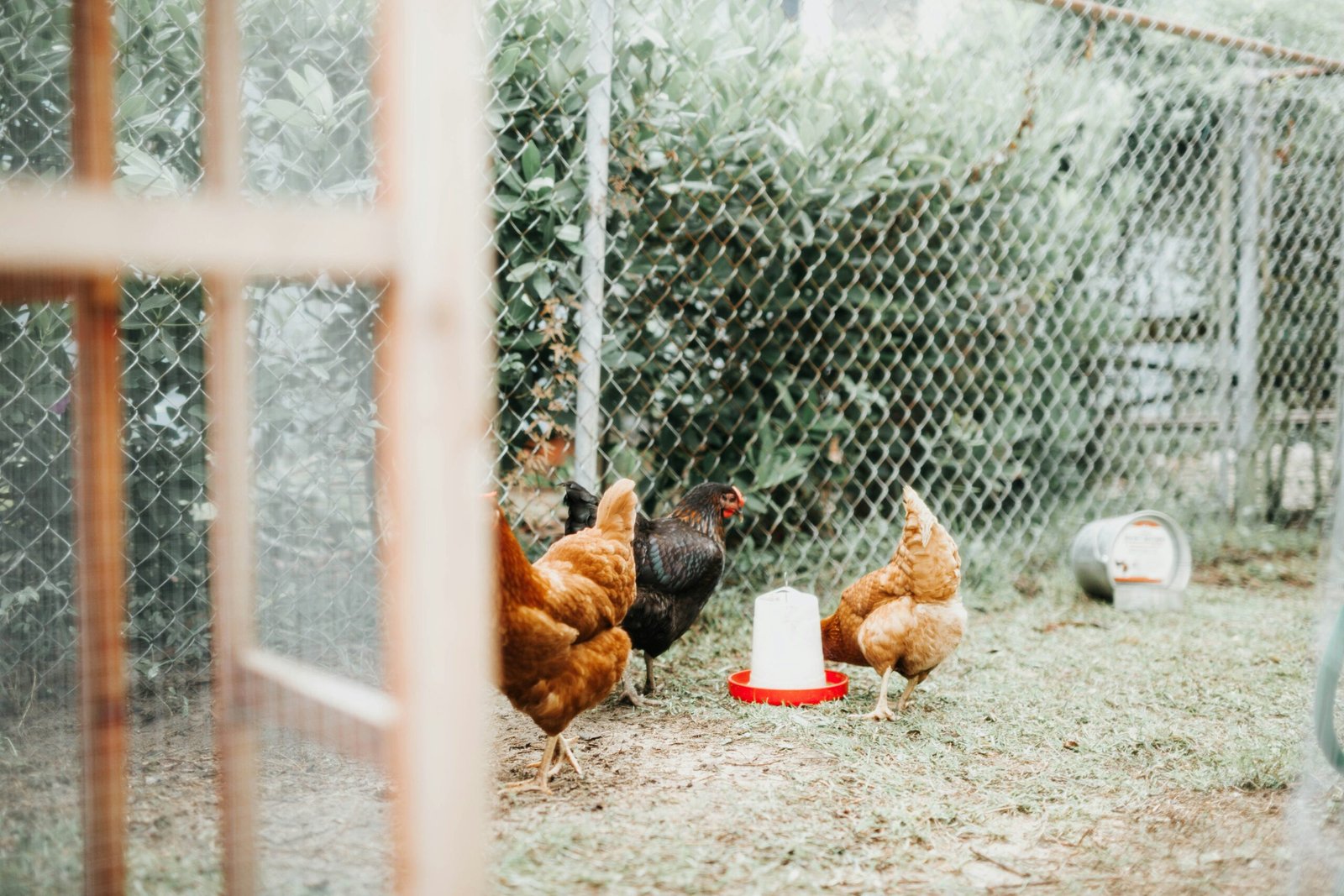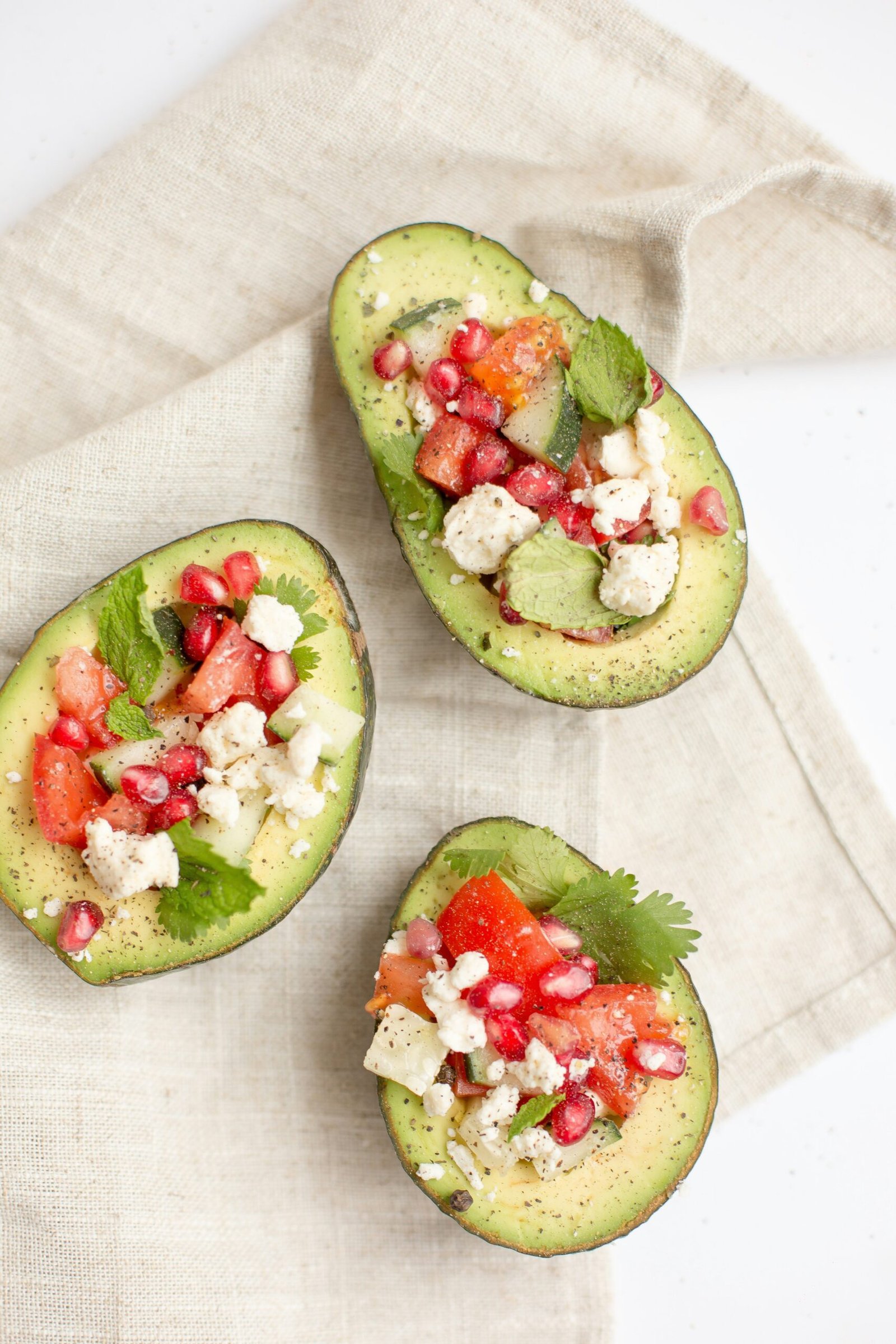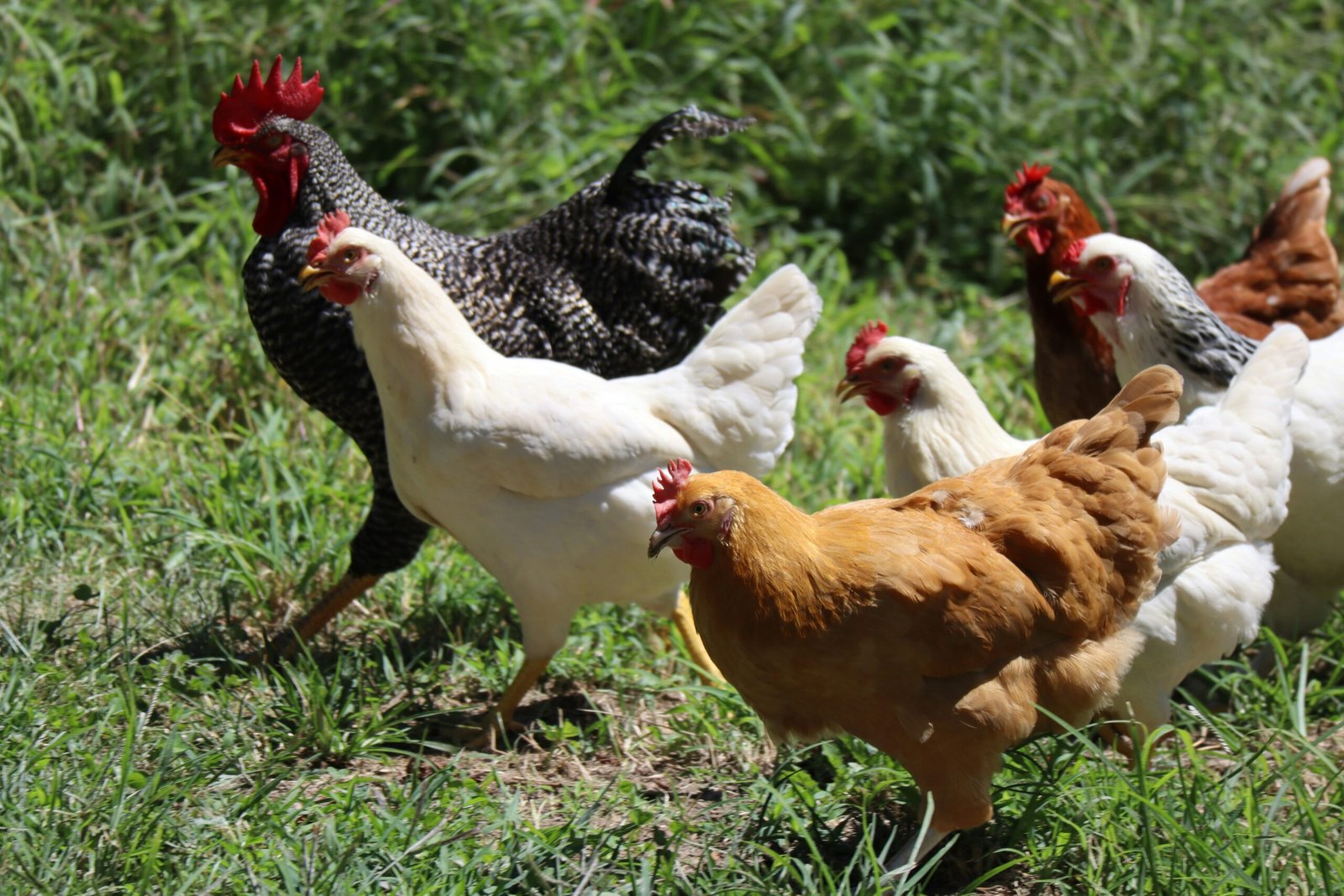As a chicken owner, it is important to prioritize the health and wellness of your feathered friends. By implementing a comprehensive care checklist, you can ensure that your chickens receive the necessary preventive care, nutrition, and overall support for optimal health. Let’s explore some key areas to focus on when it comes to chicken health and wellness.
Preventive Care
Preventive care is crucial in maintaining the well-being of your chickens. This includes vaccination, parasite control, and regular check-ups.
Vaccination: Vaccinations play a vital role in protecting your chickens from various diseases. Consult with a veterinarian to determine the appropriate vaccinations for your flock. Common vaccinations include those for Marek’s disease, Newcastle disease, and infectious bronchitis.
Parasite Control: Parasites can cause significant harm to chickens. Implement a regular parasite control program to prevent infestations. This may include using medications, natural remedies, or practicing good coop hygiene.
Regular Check-ups: Schedule regular check-ups with a poultry veterinarian to monitor the overall health of your chickens. These check-ups can help identify any potential issues early on and allow for prompt treatment.
Nutrition
A balanced diet is essential for the optimal health and well-being of your chickens. Providing them with the right nutrients and supplements can help prevent deficiencies and support their overall growth and development.
Feed: Choose a high-quality commercial feed that is specifically formulated for chickens. This feed should contain the necessary nutrients, vitamins, and minerals to meet their dietary requirements. Additionally, ensure that fresh, clean water is always available.
Supplements: In addition to a balanced diet, certain supplements can further enhance the health of your chickens. These may include calcium supplements for strong eggshells, probiotics for gut health, and omega-3 fatty acids for feather health. Consult with a poultry nutritionist or veterinarian to determine the appropriate supplements for your flock.
Environment
The environment in which your chickens live can greatly impact their health and well-being. Creating a clean and safe environment is essential for preventing diseases and promoting overall wellness.
Coop Hygiene: Regularly clean and disinfect the chicken coop to prevent the buildup of bacteria and parasites. Remove any wet bedding, droppings, and uneaten food to maintain a clean and odor-free environment.
Adequate Space: Ensure that your chickens have enough space to move around comfortably. Overcrowding can lead to stress, aggression, and the spread of diseases. Provide at least 4 square feet of space per chicken in the coop and ample space in the outdoor run.
Protection from Predators: Implement measures to protect your chickens from predators such as secure fencing, predator-proof locks, and adequate lighting. Regularly inspect the coop for any potential entry points and reinforce them as needed.
Behavioral Enrichment
Providing your chickens with opportunities for behavioral enrichment can improve their mental well-being and reduce stress.
Foraging: Allow your chickens to engage in natural foraging behavior by providing them with access to a designated foraging area or by scattering treats and food throughout their environment. This stimulates their natural instincts and keeps them mentally stimulated.
Roosting Perches: Install roosting perches in the coop to provide your chickens with a comfortable place to rest and sleep. These perches should be at different heights to accommodate the natural pecking order and hierarchy among your flock.
Dust Bathing: Chickens enjoy dust bathing as a way to keep themselves clean and control parasites. Provide a designated area filled with loose soil or sand for your chickens to indulge in this natural behavior.
By following this comprehensive care checklist, you can ensure the health and wellness of your chickens. Remember to consult with a poultry veterinarian or expert for personalized advice and recommendations based on the specific needs of your flock. Happy and healthy chickens will reward you with delicious eggs and delightful companionship!





